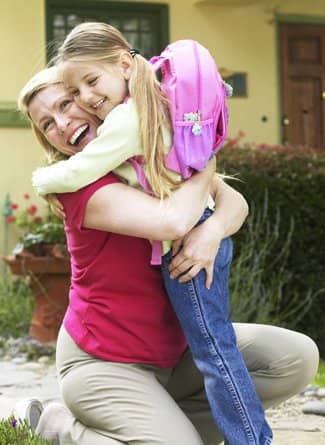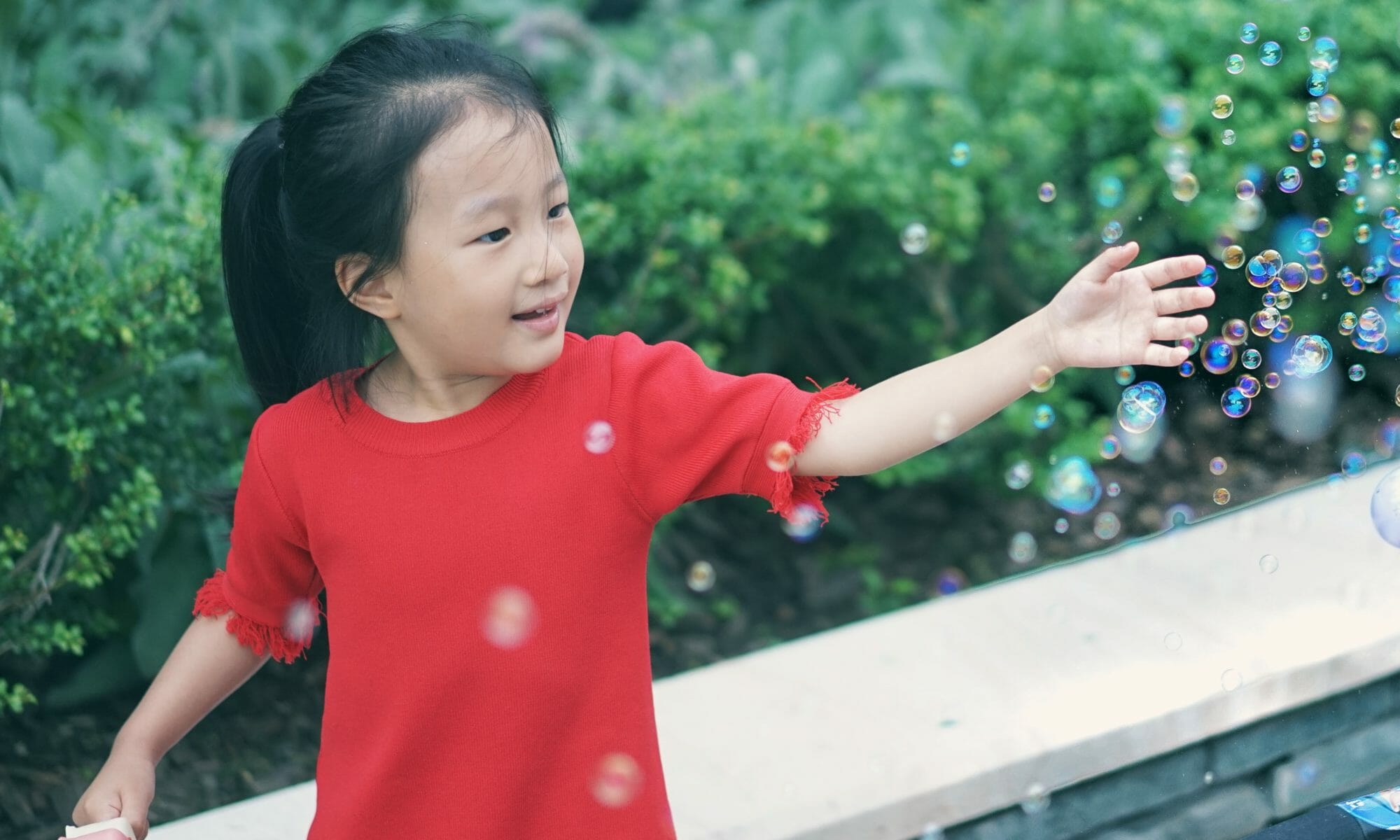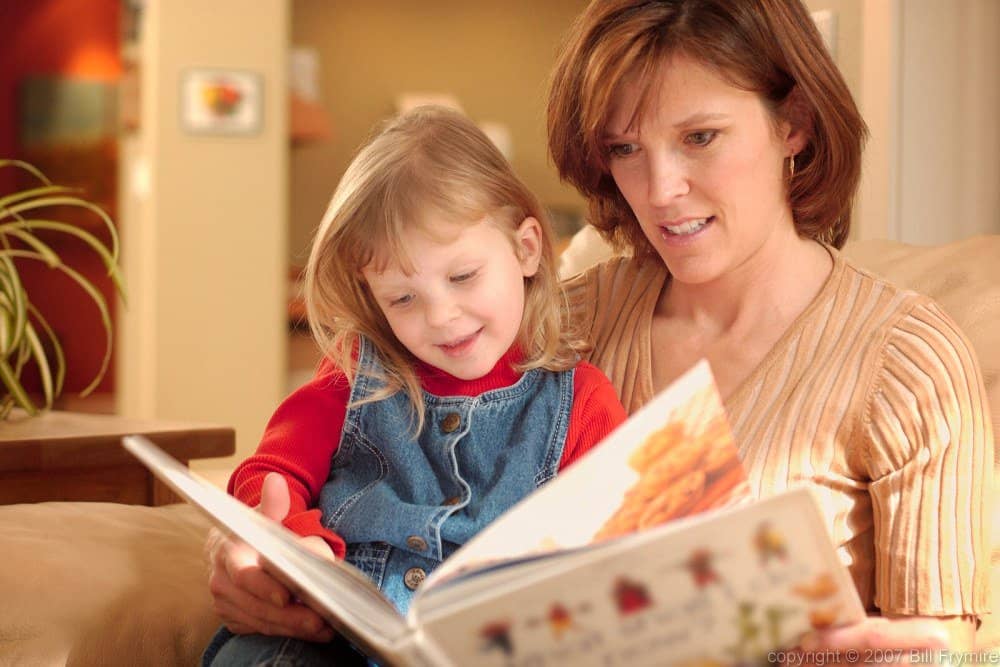Parental Alienation Syndrome (PAS) is like a storm brewing at the crossroads of family strife and child psychology. In the midst of divorces and custody battles, it emerges when one parent seeks to poison their child against the other, breeding unwarranted hostility and rejection. This concept, coined by psychiatrist Richard Gardner, ignites debates across mental health and legal domains.
Many parents are unaware that PAS exists in their family. Which can really mess up their kid’s life and even break up the whole family. Keep reading to learn more about PAS.
What is Parental Alienation Syndrome?
Most parents get mixed up between Parental Alienation Syndrome (PAS) and just regular Parental Alienation. Parental Alienation Syndrome (PAS) closely related with the concept, parental alienation. But Here’s the difference:
Parental Alienation Syndrome (PAS): This is when a child seems to really hate one parent for no good reason, because the other parent has been talking badly about them. There are signs a child might have PAS, but doctors don’t consider it a real illness and courts might not listen if someone brings it up.
Parental Alienation: This is when one parent tries to make the child dislike the other parent. The child might become scared of or avoid the other parent, even if that parent did nothing wrong.
Reasons why kids might get Parental Alienation Syndrome (PAS):
1. Divorce or Separation
High-conflict divorces or separations are often a breeding ground for parental alienation, especially when children are used as pawns in disputes between parents.
2. Custody Battles
Legal battles over custody can exacerbate feelings of bitterness and resentment, leading one parent to speak negatively about the other in front of the child.
3. Psychological Manipulation
This includes bad-mouthing the other parent, blaming them for the family’s problems, lying about their actions or intentions, and suggesting that the other parent does not love or care for the child.
4. Limiting Contact and Communication
The alienating parent may attempt to limit the child’s contact with the other parent by refusing visitation, intercepting phone calls, or not passing on messages.
5. Creating Fear of the Other Parent
The child may be led to believe that the other parent is dangerous or intends to harm them, even when there is no evidence to support this claim.
6. Emotional Blackmail
The alienating parent might implicitly or explicitly coerce the child into rejecting the other parent by suggesting that their love or approval is contingent upon the child’s loyalty to them alone.
7. Undermining Authority
This can involve questioning the other parent’s decisions, undermining their authority, or diminishing their role in the child’s life in any way.
8. Enmeshment
The alienating parent might foster an unhealthy dependency by making the child feel responsible for their emotional wellbeing.
The Impact of Parental Alienation on Children
Parental Alienation Syndrome (PAS) profoundly affects children’s mental and emotional well-being, leading to a range of psychological difficulties. The impact of PAS on children can be categorized into three main areas:
Mental Health Challenges:
Children with Parental Alienation Syndrome may face a wide range of mental health issues.They typically struggle with attention-deficit/hyperactivity disorder (ADHD), depression, and anxiety, which has a substantial negative influence on their general well-being and day-to-day functioning. Because of PAS, they can start having trouble with how they eat and how they see their bodies. Which makes them feel even worse about themselves. Also, the big emotional upset from PAS can turn into post-traumatic stress disorder (PTSD). And if things get really terrible, your children might think about hurting themselves or making a suicidal decision too.
Substance Use and Emotional Challenges:
Your kids often face significant struggles with substance use and emotional well-being. It’s concerning because more than half of these children turn to alcohol and drugs when they’re teenagers or young adults. They use these things to try to deal with their sadness and stress. They may also struggle with guilt and low self-esteem, feeling like they’ve been emotionally abandoned.
Relationship and Identity Issues:
Parental Alienation Syndrome makes it really hard for kids to have a good relationship with others and to understand who they are. Your kids might find it hard to trust people and to make and keep friends, even when they grow up. They also get mixed up about their own feelings and what they believe in. Which makes them feel really bad inside. This can lead to feeling really anxious, sad, and having other mental health problems that can last a long time.
How to Identify Signs of Parental Alienation
Spotting signs of Parental Alienation Syndrome (PAS) isn’t always straightforward, but paying attention to certain behaviors and attitudes can really help you.
Signs to Watch for in Your Child:
- Pay attention if your child starts expressing unfair criticism or disapproval towards one parent.
- If they’re suddenly echoing the other parent’s views without any real reason, it might be a red flag.
- Notice if the child seems consistently angry or distant towards one parent, especially if it’s accompanied by sudden changes in behavior.
- Keep an ear out for any language they’re using that seems too harsh or mature for their age.
- And if they don’t seem to feel guilty about treating one parent poorly, that’s something to take note of too.
Signs of Potential Alienation from the Other Parent:
- Be cautious if your ex spouse is constantly bad-mouthing or spreading lies about you to your kids.
- If your ex partner withholds important information or gets in the way of communication between your child and you, it could be a problem.
- Watch out if your ex is using your child to gather information about you or making your child feel scared or resentful for no real reason.
Strategies for Combating Parental Alienation
Stopping parental alienation means doing a bunch of things to keep your bond strong with your kids :
Maintaining Positive Relationships:
Make sure to have a loving, happy relationship with your child, so they don’t feel left out.
Play with them in a way that’s both organized and free, let them take charge, and make sure it’s relaxed. Give them a safe place to share their feelings without criticism, showing that you’re there for them.
Legal and Documented Strategies:
Write down any changes in behavior and collect proof (like what people say, messages, or photos) of what the parent who’s causing problems is doing. If you have proof that the other parent doesn’t follow the rules about custody or lies, think about taking legal action. You might need a lawyer who knows about child custody to help you.
Get Support:
We know feeling rejected can be difficult, but you don’t have to go through it alone. You can consider seeking professional support through counseling or therapy for both you and your child. When you receive early support from specialists who understand parental challenges, it can make a huge difference.
2houses.com can be your partner throughout your parenting adventure. Our specialists are ready to assist you in co-parenting and provide the essential skills to combat Parental Alienation.










